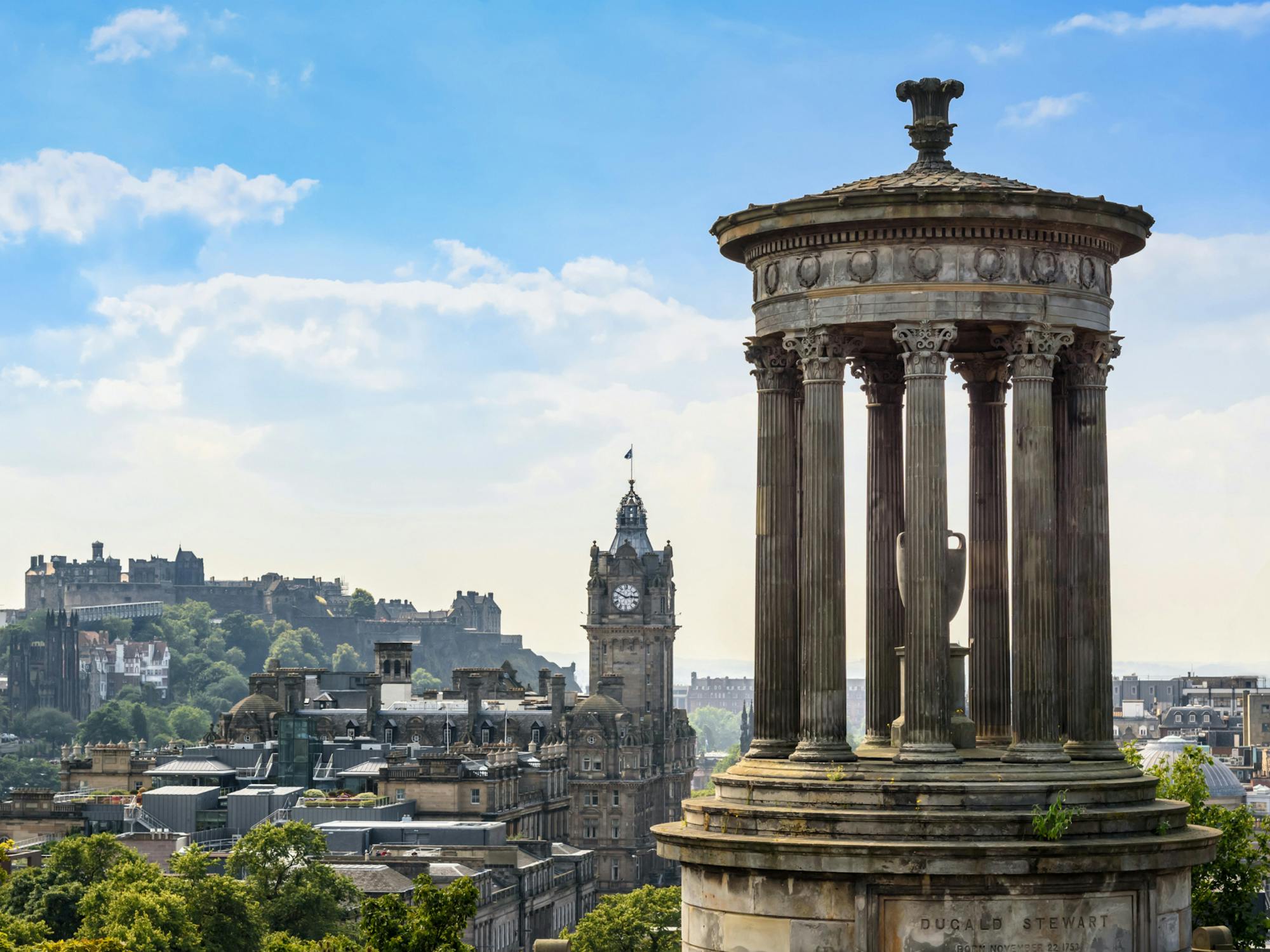

for Walpole members and
non-members available now
at The Londoner



The VAT Retail Export Scheme (VAT RES) was a successful initiative for the UK, directly attracting over 600,000 non-EU visitors a year and encouraging millions of others to shop across Britain during their visit. It worked for British businesses of all sizes, from major brands to regional SMEs, and significantly bolstered the UK’s tourist appeal, allowing non-EU visitors to reclaim the 20% VAT paid on their purchases when returning to their home countries.
This initiative kept the UK on a level playing field with other European countries and thus ensured tax competitiveness.
Tax-free sales generated £3.5bn a year for the UK but created more revenue within the tourism ecosystem too: whenever tourists visited to shop in Knightsbridge or Bicester Village, they spent on accommodation, restaurants, cultural experiences, entertainment and transport. It was a particularly important draw for international visitors from China, the Middle East and the US when choosing their travel destinations. With total spending by non-EU visitors in 2019 reaching £17.9bn, the nearly £15 bn taxed spending raised around £3bn for HM Treasury.
However, the scheme was abolished by the UK Government on New Year’s Eve 2020, due to the perceived costs of maintaining this valuable initiative post-Brexit. With the scheme’s abolition, the UK is now the only European country not to offer taxfree shopping and there is clear evidence that international visitors would and are increasingly taking their spend to other destinations across continental Europe. Luxury tourists who would previously come to London to buy clothes, jewellery and handbags are now increasingly choosing Paris, Milan and Madrid instead.
In a study by tax-free shopping business Global Blue in 2019, 93% of international travellers said they would be less likely to shop in the UK if they couldn’t reclaim VAT, heading to France and Italy instead.
According to a recent VisitBritain Traveller Sentiment Survey in March 2022 various nationalities were asked if the UK’s decision to end VAT returns on tax free shopping would prevent them from visiting the UK in future. 27% of Saudi Arabian and UAE respondents said they would go elsewhere. Given that the GCC previously made up 26% of Britain’s tax free spend, this is particularly significant. This is also backed up by HMRC’s own data in a May 2020 survey which states that 69% of respondents said the possibility of tax-free shopping influenced their decision to come to the UK.
We can see this sentiment already being reflected in spending habits. When comparing US visitor retail spend in the EU and the UK for Q4 2019 versus Q4 2021, US spend in the EU has returned to 91% of what it was in Q4 2019, while the UK is only at 49% (according to data from Global Blue). This is also reflected with retail spend for GCC visitors – Q4 2021 retail spend in the EU is at 153% compared to Q4 2019 levels, while the UK is only at 60%.
The decline in high-end tourists is starkly illustrated by the sudden absence of visitors from the Gulf states. In 2019, this was a cohort that shopped almost exclusively in the UK on their European trips, spending an average of €24,000 each.
This has been disastrous for many of the UK’s key industries not least tourism, hospitality and retail. The Office for Budget Responsibility (OBR) estimates the decision to abandon the scheme will lead to a drop of 38% in retail sales to non-EU visitors compared with 2019. A direct loss of £1.2bn in retail sales undermines the Government’s ambition of returning international visitor spending to 2019 levels by 2023, as well as the UK’s wider, post-pandemic economic recovery. Both the Office for Budget Responsibility and HM Treasury have admitted a failure to take into account the indirect impact of ending tax-free shopping when estimating the level of VAT raised from abandoning the scheme.
The full impact of the scheme’s termination is yet to be experienced by the tourism sector as tourism flows are only just starting to recover. However, at a time when British high streets and city centres are struggling to recover from the pandemic – not to mention fighting to survive amid the rise of online shopping – a sharp reduction in the number of inbound tourists will seriously undermine many retailers’ attempts to recover and survive.
It is worth noting that France immediately seized the opportunity to lure the luxury tourists the UK would be losing, slashing the minimum spend required to recoup VAT from €175 (£146) to €110 (£91), and reportedly investing in new luxury space in central Paris and at the city’s Charles de Gaulle airport. Consequently, sales to tourists in Europe are now ahead of the UK.
This has an additional negative impact on the UK economy. Even though international travel is only just restarting and many British travellers to Europe and not yet aware that they are now eligible for taxfree shopping, in Q4 2021, British spending on taxfree shopping in the EU had reached 5 million euros a week, or 250 million euros a year. This is a direct diversion from UK stores to EU shops. But because the Government chose not to reciprocate, British stores and the wider tourism economy cannot benefit from the huge attraction that would have come from being the only European country that the 450 million EU citizens could visit for tax-free shopping. This is a particular blow to local economies outside London most of whose regional airports link to EU countries.
EU countries such as France, Italy and Spain now have a 20% price advantage over the UK according to Paul Barnes, chief executive of the Association of International Retail (AIR), who said the scrapping of the scheme is “pushing those that traditionally contribute around £28.4bn a year to our economy towards continental Europe”.
It is vital the Government responds quickly and decisively given the threat the scheme’s removal poses to UK businesses and jobs. With the ongoing recovery of international travel, there is a genuine opportunity to attract high-spending visitors with a competitive tax-free shopping regime which boosts visitor numbers and delivers for the wider UK economy. The Government should work with businesses to design a new form of tax-free incentive to replace the old scheme and make Britain the best place in the world to visit to shop.






